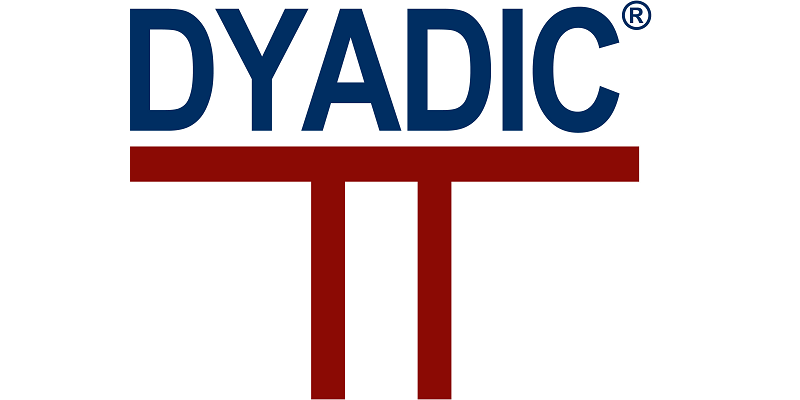Chinese Hamster Ovary (CHO) cells are the most common host platform for producing antibodies. While there is widespread adoption of this platform, there remain limitations to the use of CHO cells in certain applications, in particular to produce antibodies at large scale to combat infectious diseases:
Using a C1 Protein Production Platform (a Thermophilici Filamentous Fungus Thermothelomyces heterothallica based platform), Dyadic International, Inc. demonstrated the use of a new platform for rapid engineering of product strains to produce a COVID-19 targeted antibody and a monoclonal antibody used as a standard for comparability. Dyadic benchmarked the C1 Protein Production Platform performance in comparison to CHO and other fungal expression systems in terms of speed of development and certain product quality attributes.
As part of the solution, once antibody gene sequences are received, the team:
•Expression of the NIIMBL target proteins NIIST mAb and NIIMBL antibody was achieved rapidly in the C1 expression system and with good yield.
•An example of the swiftness of C1 strain development pipeline is the fact that the first fermentations were started less than 50 days after receiving the genetic material for building the expression constructs, and that about 5 g/l yields were obtained for both proteins in these very same fermentations after 6 or 7 days.
•Fermentation yields were further improved with fermentation optimization and with multicopy expression achieved with CRISPR/Cas9 technology.
•The highest titers for the target proteins were 8.95 g/l for NIIMBL antibody in 7 days and 7.7 g/l for NIIST mAb in 5 days after single-step affinity purification.
By benchmarking the innovative, state of the art C1 Protein Production Platform versus legacy protein production methods, Dyadic discovered that the production system could potentially lead to the development of C1 based production strains for the rapid production of large quantities of lower-cost vaccine antigens and antibodies in response to pandemics and other environmental and man-made health threats.
The Thermothelomyces heterthalica C1 production system has great potential for use in responding to future pandemics because the production cell lines can be constructed quickly, and the antibodies have good productivity.
Login to the NIIMBL member portal to access more, including:
Not yet a member? Learn more about which level of NIIMBL membership is right for you and your organization.

Dyadic International Inc